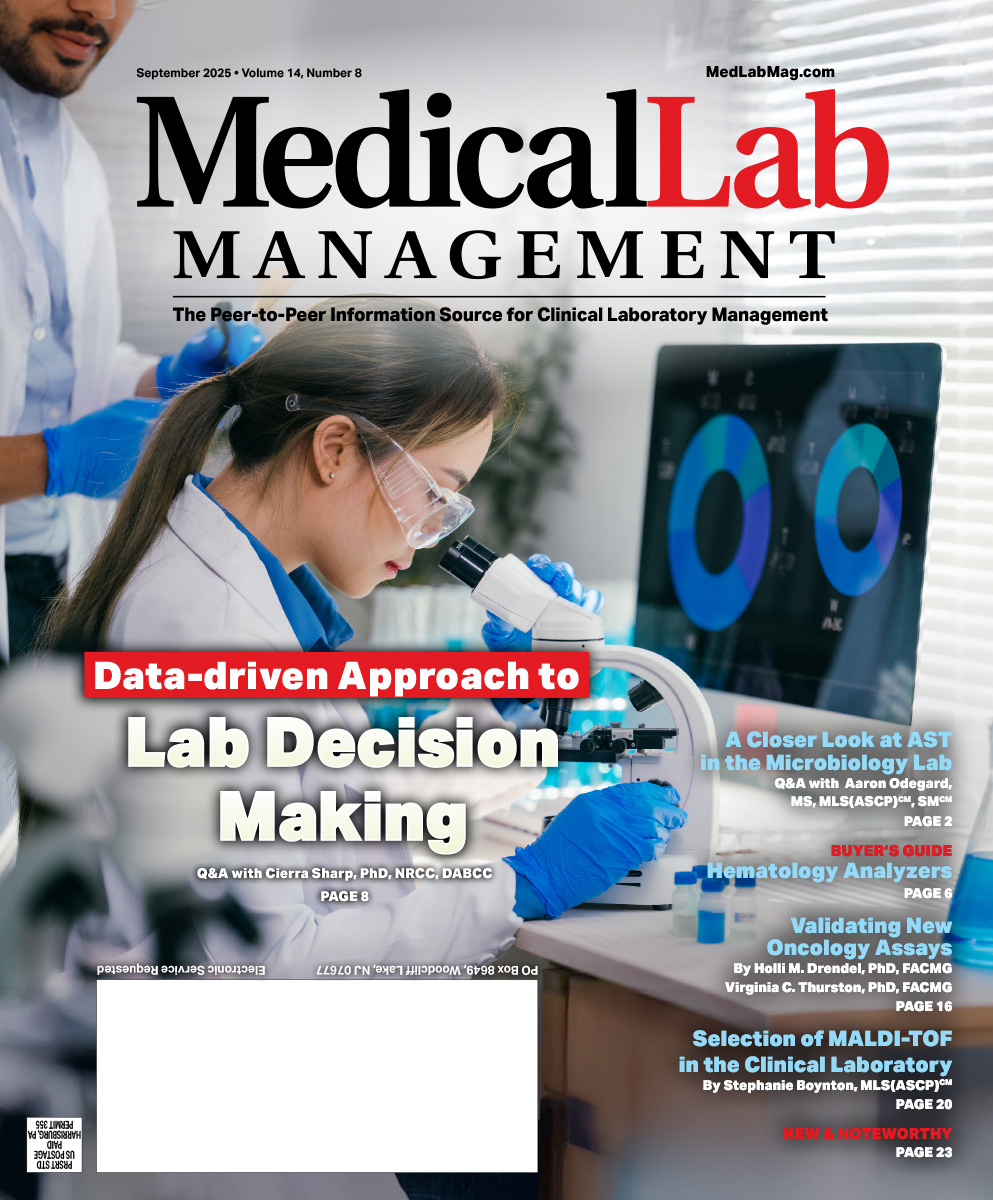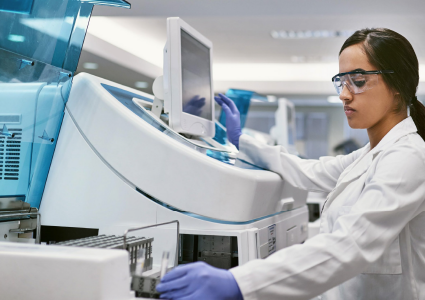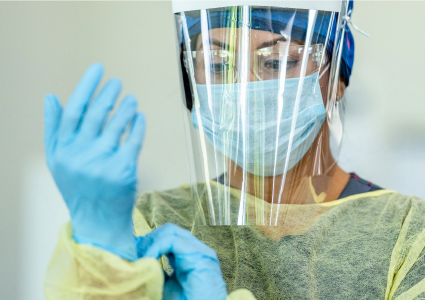- Show Menu
- Contact Us
- FAQs
- Reader Service
- Survey Data
- Survey Winners
- Testimonials
- Upcoming Events
- Webinars
Current Issue
Recent Articles
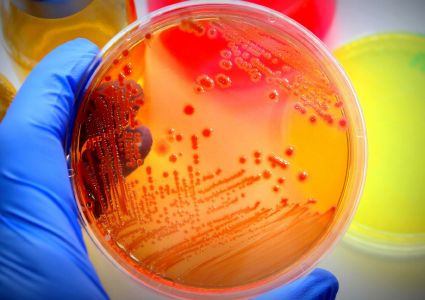
with Aaron Odegard, MS, MLS(ASCP)CM, SMCCM
Laboratory Quality Coordinator
Baptist Health
Jacksonville, FL
MedicalLab Management recently held a webinar entitled: Antimicrobial Susceptibility Testing and the Microbiology Lab Presented by Aaron K. Odegard, MS, MLS(ASCP)CM, SMCM The following questions were submitted by attendees. The webinar slides and full presentation can be downloaded... Read more
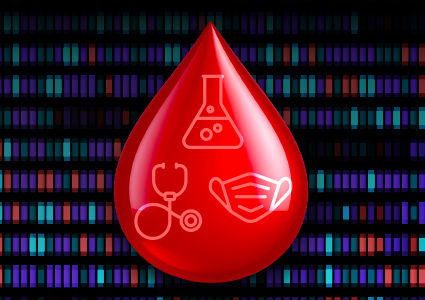
Administering blood products is among the most heavily regulated processes in a hospital setting. Issues that arise during blood product transfusion are associated with increased lengths of stay, greater risk of nosocomial infections, and significantly higher costs to the organization. The complexity of this process is compounded by the various perspectives through which blood administration is viewed.
Accreditation... Read more
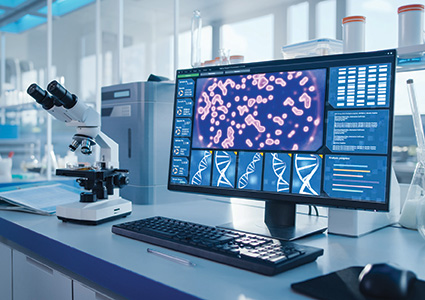
with Tyler Radke, MLS(ASCP)
Director of Laboratory and Pathology
Emplify Health
Green Bay, Wisconsin
Digital microscopy can help the laboratory improve turnaround times, staff efficiency, and quality control. While lab staff may require an adjustment period (as is often the case with newly established technologies), the training and validation requirements associated with these systems... Read more
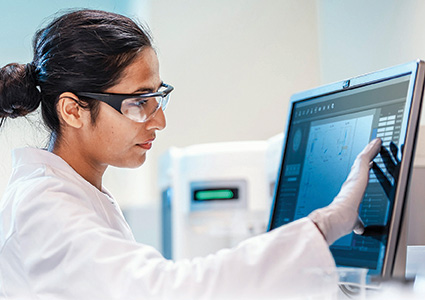
with Wilson Vientos, MS, MT(ASCP)SM
Microbiology/TB Supervisor
Connecticut VA Healthcare System
Q: How has your microbiology laboratory workflow evolved since you began using MALDI-TOF technology?
Wilson Vientos: We have been using MALDI-TOF technology for bacterial identifications (IDs) for over 14 years. In that time, we have performed upgrades in the form of both software updates and... Read more
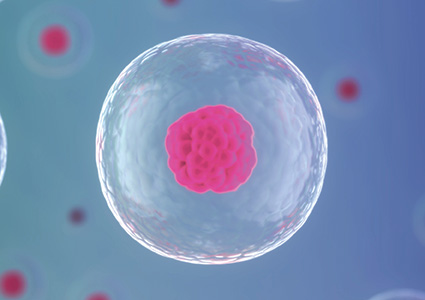
Blood cell-based medicines have been used as a standard of therapy to treat or cure blood cancers—including leukemia, lymphoma, and myeloma—and inherited blood disorders since the 1960s. Traditionally, the source of blood cells for these therapies originated either from a related or unrelated tissue-matched donor (allogeneic) or from cells harvested from the patients themselves (autologous).... Read more
Recent Popular Articles
About Us
MedicalLab Management Ridgewood Medical Media, LLC
Quick Links
Subscribe to Our Email Newsletter!
© 2005 - 2025 MLM Magazine - MedicalLab Management.
All rights reserved.


